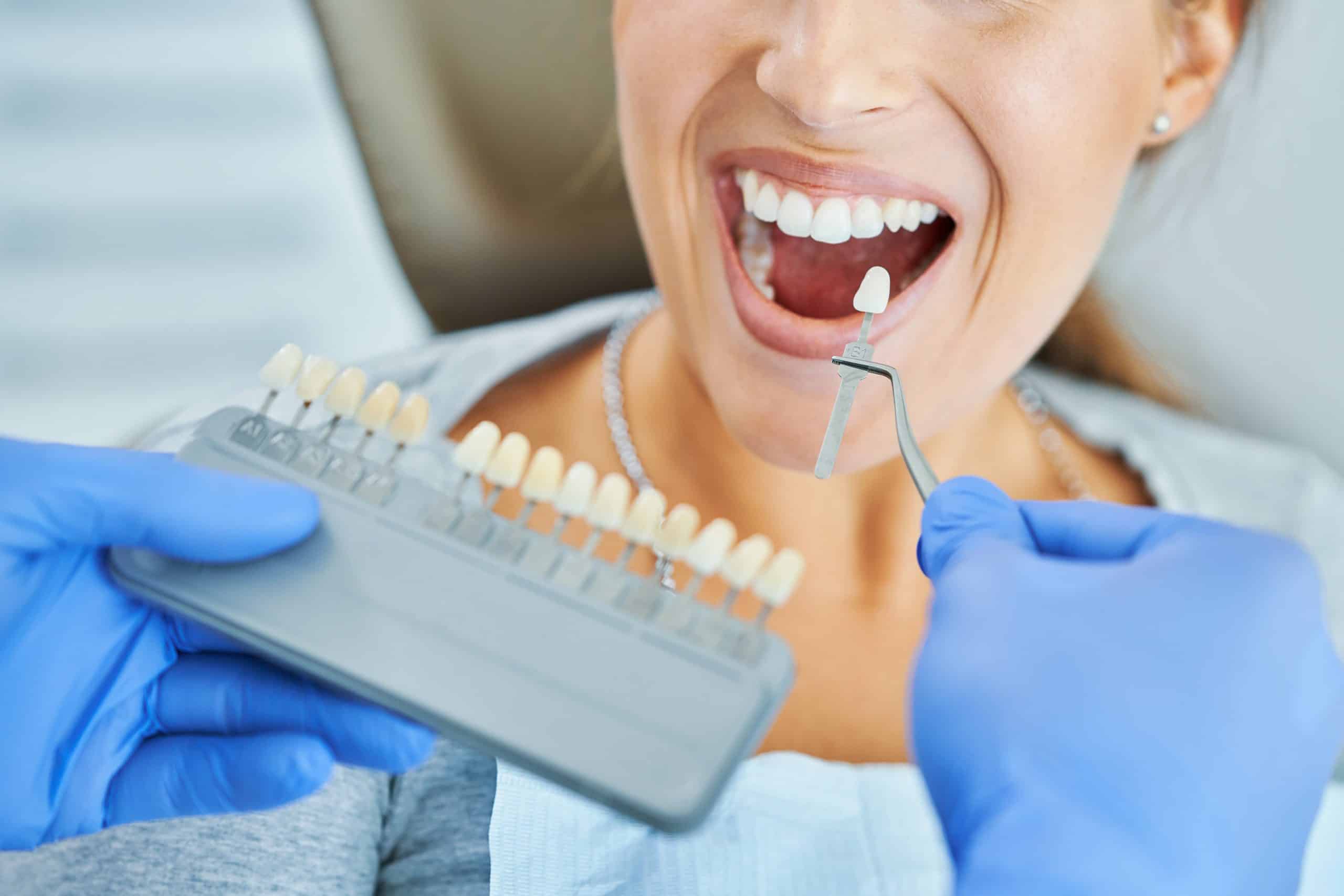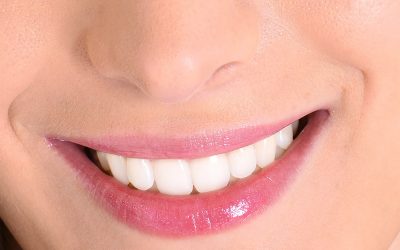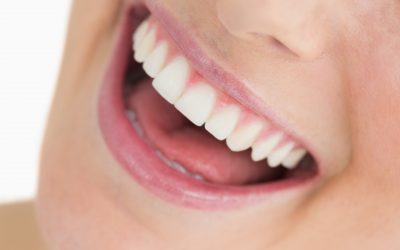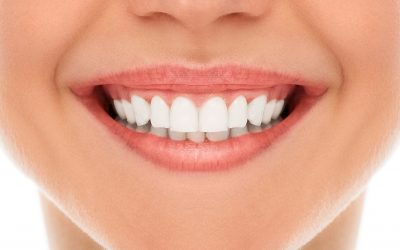Tooth crowns are one of the most attractive dental treatments and contribute significantly to the form and function of damaged teeth. They have become popular because they can care for all dental needs, from structural damage to appearance. This piece takes readers into dental crowns, introducing their various types and dental crowns’ cost. Understanding so many choices is necessary for those looking to choose a program that will bring their mouths and spirits back to life.
Discovering the perfect dental crown is not just about restoring your smile; it’s about finding confidence in every moment. Explore the variety of options available and invest in your oral health with the right crown for you.
Types of dental crowns
1. Metal Crowns
Metal crowns, like gold, palladium, or nickel, are often made when alloyed for their strength and durability and are thus well-loved for these traits. This type of crown can resist heavy biting forces and is less likely to chip or break. However, it is not always considered attractive for visible teeth in the “smile zone,” even though it can last long.
Cost: Metal crowns typically range from an economical $800 to $2000 each.
2. Ceramic Crowns
Ceramic crowns are known as Porcelain-Fused-To-Metal (PFM) in technical language. A metal substructure is covered by tooth-colored porcelain. This means they combine porcelain’s aesthetics with metal’s strength, making them ideally integrated into their surrounding teeth.
Cost: $800 – $3000 per crown, depending on the type of materials used and the quality of the dental laboratory.
3. Porcelain Crowns
Porcelain crowns, or full-ceramic or all-porcelain crowns, are made entirely of dental ceramic material. It is similar to natural teeth in appearance and is nearly perfect in color and transparency. This makes them an excellent choice for folks allergic to metals who want to maintain their smile.
Cost: Porcelain crowns range from $800 to $3,000 for one.
4. Gold Crowns
Gold crowns have been a staple in dentistry for decades because of their exceptional wear resistance and fit to the gum. They require little tooth structure to be removed and can last a lifetime. Thus, They are perfect to be chosen for grinding teeth due to bruxism and molars.
Cost: Gold crowns are often the most expensive option at $1,000 to $3,000 per crown. Even though they’re more costly, many patients choose gold crowns because of their endless lives and low failure rates.
5. Zirconia Crowns
Zirconia crowns are increasingly favored because of their strength, durability, and aesthetic attributes. These crowns, products of zirconium dioxide, also have a significantly more excellent resistance to fracture and wear. Furthermore, they are very close to natural teeth in appearance; because of their high versatility, they are also helpful for front and back teeth.
Cost: Prices range from $1000 to $2500 for each crown; zirconia crowns are priced moderately.
Can I use braces with crowns?
Yes, dental crowns can be used with braces. Traditional braces pressurize teeth to gradually move them into alignment, while crowns provide intrinsic structural support and protection for those teeth. Their existence, however, can affect where braces are placed and require the orthodontist to plan treatments carefully.
Which Crown Is Most Expensive?
Golden crowns are the priciest among various styles of crowns because their manufacture uses gold and more complex techniques. In total, though, the cost of a dental crown can vary, depending on factors like the dentist’s abilities and the location of their practice. Even how fast they place crowns could affect the outcome of the treatment.
Best Type of Dental Crown
To determine your best crown type, consider your specific needs, patient preferences, and budget constraints. Patients who need long-lasting strength may like metal or zirconia crowns more, but some seek porcelain or ceramic crowns for the most natural look, especially for front teeth. Talk to a qualified dentist about your tooth placement, dental health, and aesthetic expectations. This is vital, as these factors will determine the most appropriate type of crown.
Benefits of Dental Crowns
Here are the significant benefits of dental crowns:
Shielding teeth against further decay:
A barrier between external forces, such as grinding your teeth together or biting into tough food, helps preserve tooth structure.
Function restored:
The function of damaged teeth is restored by crowns that reshape teeth and make them stronger and more regular in size. This allows people to continue chewing, biting, drinking, and speaking without pain or added difficulties from afflicted teeth.
Appearance Enhancement:
Crowns come in several materials that closely resemble the natural colors and clarity of real teeth, so the integration of the two looks natural.
Strength:
Properly maintained, you can expect crowns to last many years, depending on the material chosen, providing an effective means to repair your teeth and restore their health.
Summary
For instance, understanding dental crowns of different types also means knowing how much they cost. It is up to patients whether they prefer longevity or looks. Whichever is preferred, reputable crowns are available to fulfill any need. In a word, they vary by patient or circumstance. An experienced dentist like Dr. Savita Chaudhary helps you pick the correct crown type to restore health and beauty to their smiles.




